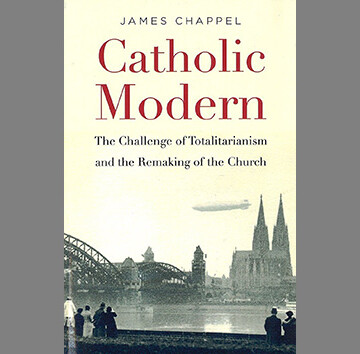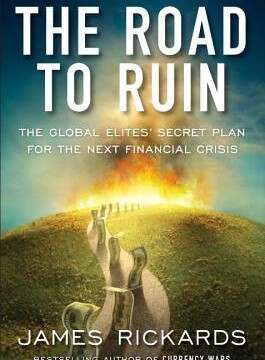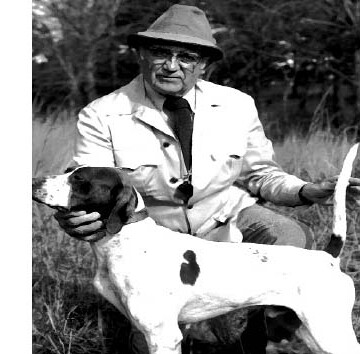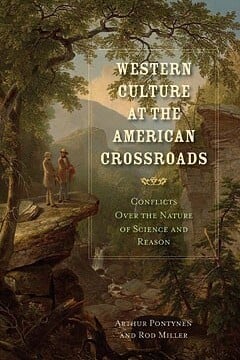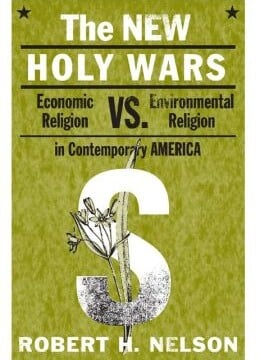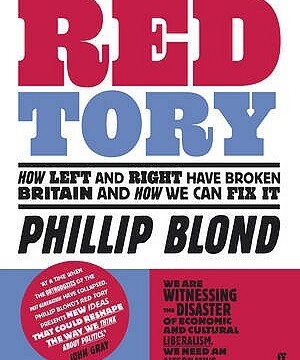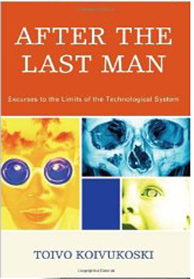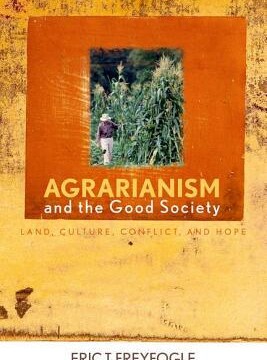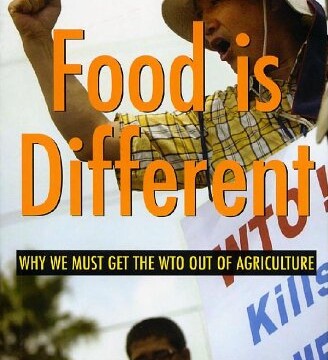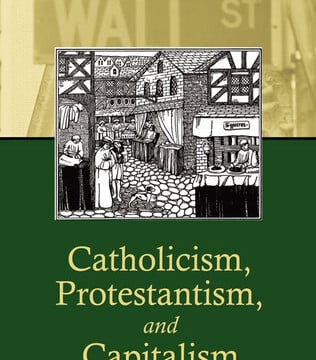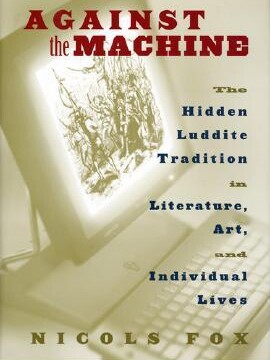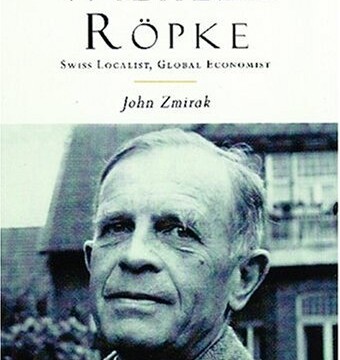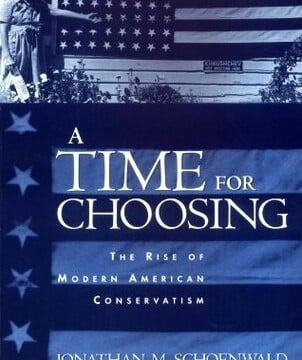Much has been written about the modernization of the Catholic Church—especially the crucial years from 1870 to 1970. These histories have been written from a number of perspectives, each with different definitions of modernity. James Chappel, assistant professor of history at Duke University, gives us a new interpretation which succeeds in revising some of these...
Author: Tobias J. Lanz (Tobias J. Lanz)
The High Price of Wealth
This is no conspiracy theory. There is no secret group that meets secretly to make secret plans to run the global economy. All is done in the open. The global money elite is well known—the G7 leaders, the central banks, the IMF, the World Bank, the Council on Foreign Relations, major hedge-fund managers, corporate CEOs,...
Living the Good Life in the South
Havilah Babcock was a teacher who was once one of the best-known educators in South Carolina and a writer who had a national audience. Today, few remember him. This is partly because of the passage of time—Babcock died in 1964. It is more owing to changes in American life and literature. Babcock was a proud...
Anarch’s Journey
Ernst Jünger was 20th-century Germany’s most prolific writer. Throughout his long life—he lived to age 102—he chronicled the upheavals of that most violent century. Despite his talent and output, Jünger remains virtually unknown in America. One reason is language; the other, politics. Jünger was an unrepentant man of the right. Yet no less of a...
That Hideous Absolutism
To the modern mind, religion and magic are related. Both are based on superstition, and both have been proved false by science. C.S. Lewis thought otherwise: Magic is more closely related to science. Both function as alternatives to religion, both lack skepticism, and, most importantly, both desire to control the world. Science, not religion, is...
Science and Wisdom
This is a remarkable book that will, however, be read by few. Its great fault is its defense of America, Christianity, and Western culture. The authors also make the egregious error of criticizing modern and postmodern thought, which they believe must be effectively combated if the Western world is to survive. In a vibrant culture,...
Calvinism Without God
Forget the “culture wars” and the assault on Christianity. The real conflict in America is thoroughly secular—between environmental and ecological “religions”—or so says Robert Nelson. He makes the argument, long known to conservatives, that religion never really goes away. Modern secular religions, like these two, borrow heavily from the Christian tradition. As such, they inherit...
Picking Up the Pieces
Great Britain is in trouble—politically, economically, and culturally—and Phillip Blond wants to change this. He blames both the political right and the left for having created an atomistic society in which all pursue self-interest to the detriment of society as a whole. Blond explains how Britain got into this predicament and then gives several chapters...
The Empire Is Naked
“All our inventions have endowed material forces with intellectual life, and degraded human life into a material force.” —Karl Marx After the Last Man is a short and dense book, consisting of a series of vignettes (excursus) ranging from a paragraph to a few pages in length on the contemporary technological system. Each excursus is...
A New Agrarian Primer
Most people think agrarianism is synonymous with farming. As a result, agrarian thinkers spend much of their time defending what they really mean—namely, that agrarianism is not so much about agriculture as it is an integrated life in which farming plays a central or at least respectable role. Eric Freyfogle wisely avoids this pitfall and...
Planes, Trains, and Automobiles
Social conservatives have long argued that radical individualism—the essence of modern freedom—is corrosive to family and community life, and, if left unchecked, can even lead to civilizational collapse. But another, perhaps more damning, charge today is that individualism is bad for the environment. This seems paradoxical, as modern man sees himself as the quintessential environmentalist...
The Greatest Revolution
Most people throughout the industrial world see cheap and readily available food as simply another modern amenity, such as electricity or running water. Few understand that agriculture has always been political, because it is tied to human survival. Even fewer know that the world is currently undergoing one of the greatest agrarian revolutions in history:...
Live Free! (Kill Your Lawn)
Americans love their lawns. They spend $40 billion per year—more than the gross national product of most countries—to create the perfect lawn. Taken together, all these lawns would cover the entire state of Kentucky. Lawns are everywhere, from trailer parks and executive mansions to businesses, churches, and recreational areas. American agronomists have created so many...
Beyond Politics
Most Americans think of the terms modern and modernity as denoting something positive. A modern society is advanced in science, reason, hygiene, and human goodness. To condemn modernity is to be against progress and all of its material benefits. Even American conservatives are essentially modern in outlook, identifying modernity with material improvement. European conservatives are...
Economics and the Catholic Ethic
Amintore Fanfani (1908-99) was an economic historian whose scholarship focused on the origins of capitalism and questions of economic and social equity. In his early career, he was part of a broader Catholic and conservative intellectual movement that was active during the interwar years and included the English Distributists and the Southern Agrarians. Like these...
The Imitation of Christ
Faith in technology is one of the central tenets of the modern age. Becausetechnological development is equated with progress, the technological world-view has been adopted by virtually every ideology and political regime the world over. All technology is good; more is better. Those who criticize this orthodoxy are seen as delusional or, worse, as dangerous. ...
A Man for Our Century
Wilhelm Roepke (1899-1966) is one of the most original, yet least recognized, economic thinkers of the 20th century. One of the reasons for his relative obscurity is that he does not fit well into the prevailing capitalist/socialist dichotomy. Roepke borrows from both capitalism and socialism, yet he goes beyond defining economics in abstract terms and...
The Moral Economy
The decline of the household economy is one of the most significant economic changes in post-World War II America. Unfortunately, it has received relatively little attention. Professional economists find it trivial compared to the workings of large-scale institutions and global economies, while the average American sees only a positive development that has meant greater mobility,...
This Is Conservatism?
“Isn’t it pretty to think so?” —Ernest Hemingway There are two fictions that most American conservatives have taken to heart. First, that the Republican Party stands for conservative ideas and principles; second, that there has been a conservative renaissance in the last several decades, a resurgence that culminated with the Reagan presidency and continues into...
